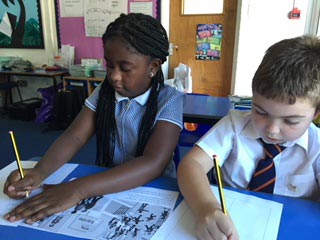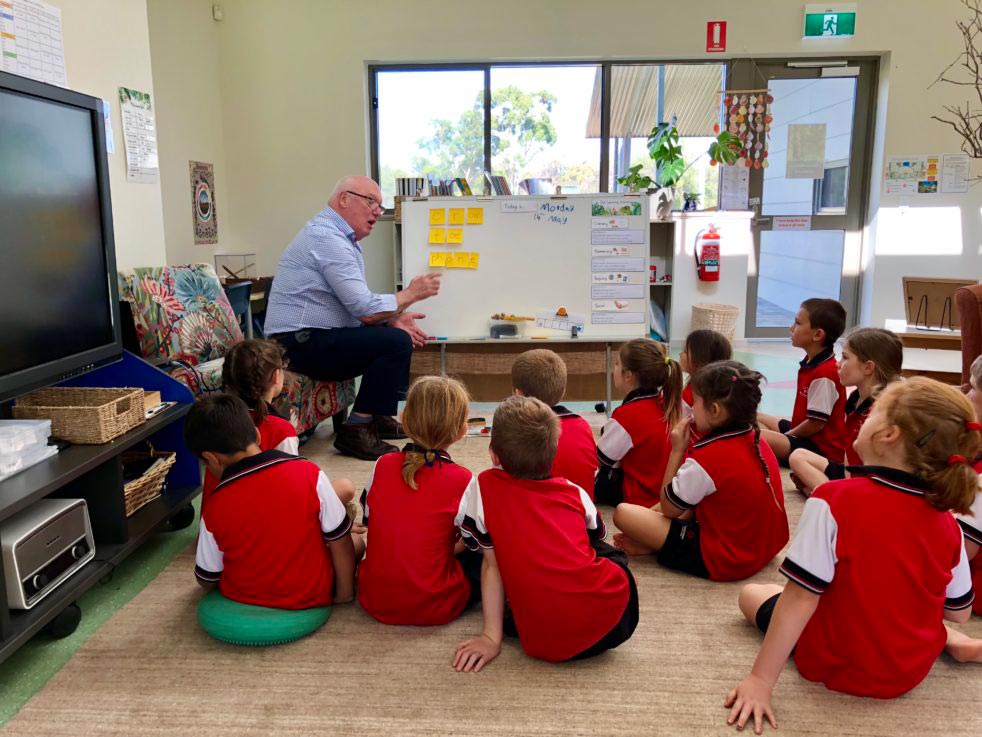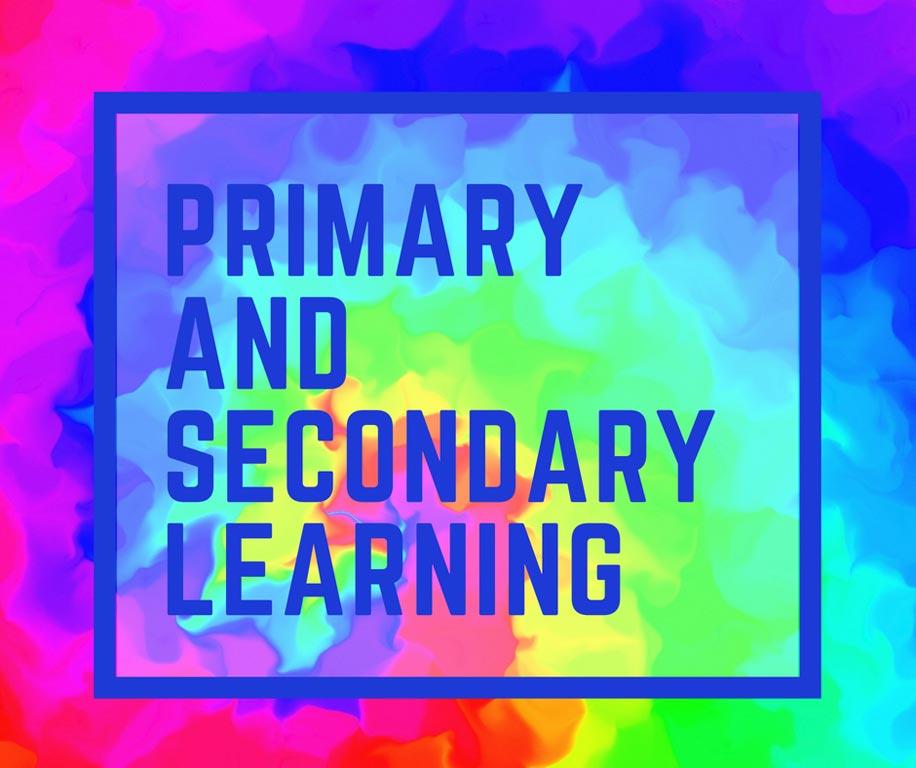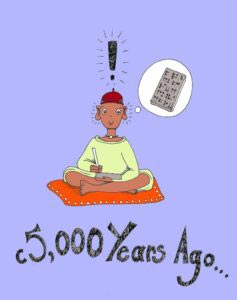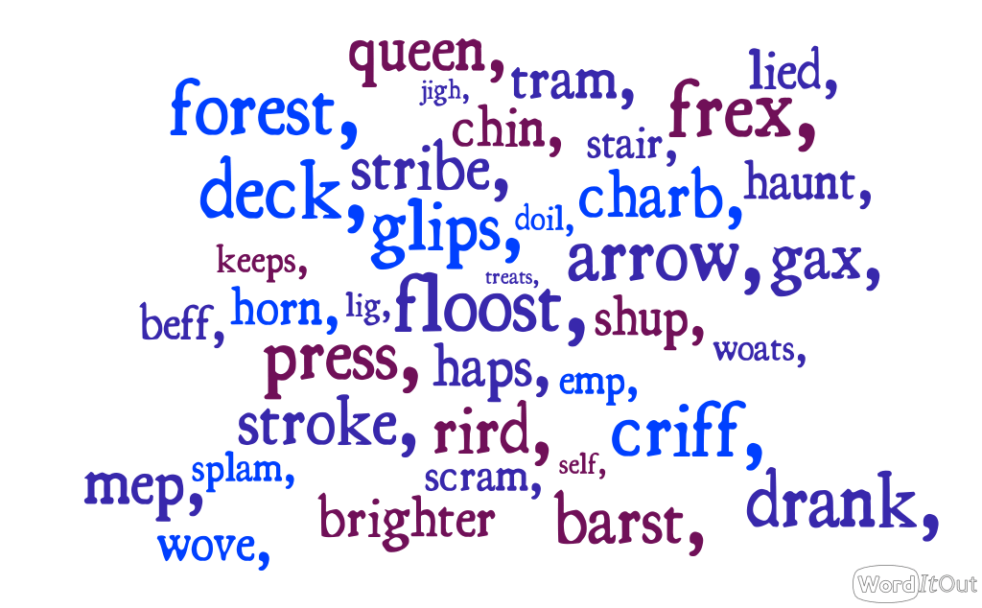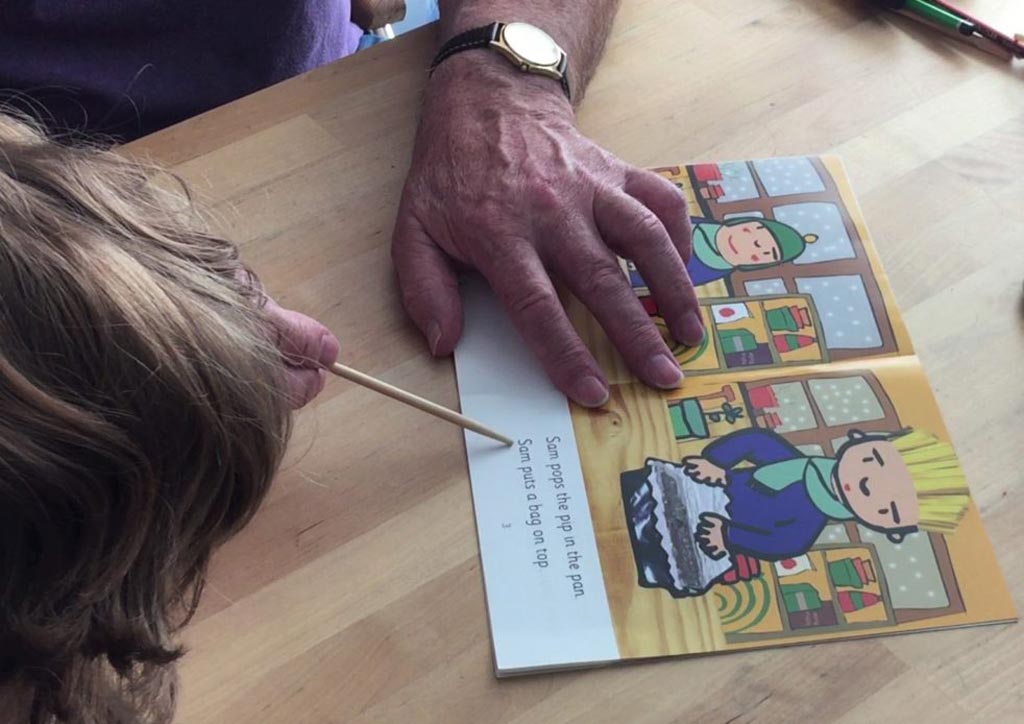A class act – St George’s Church of England Primary School.
There has been much talk recently about how successful various approaches to the teaching of reading are. At Sounds-Write, we encourage schools using our programme to give their pupils a spelling test. The reason for this is that spelling is highly likely to give a much more accurate picture of a pupil’s literacy than… Continue reading A class act – St George’s Church of England Primary School.
